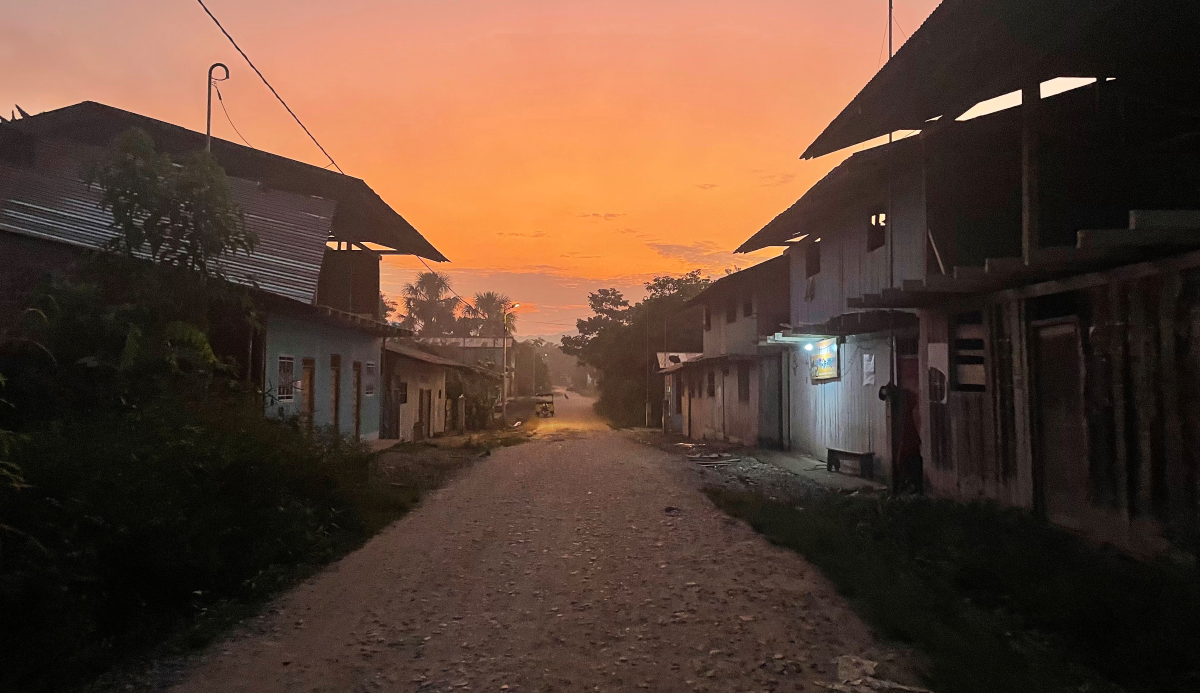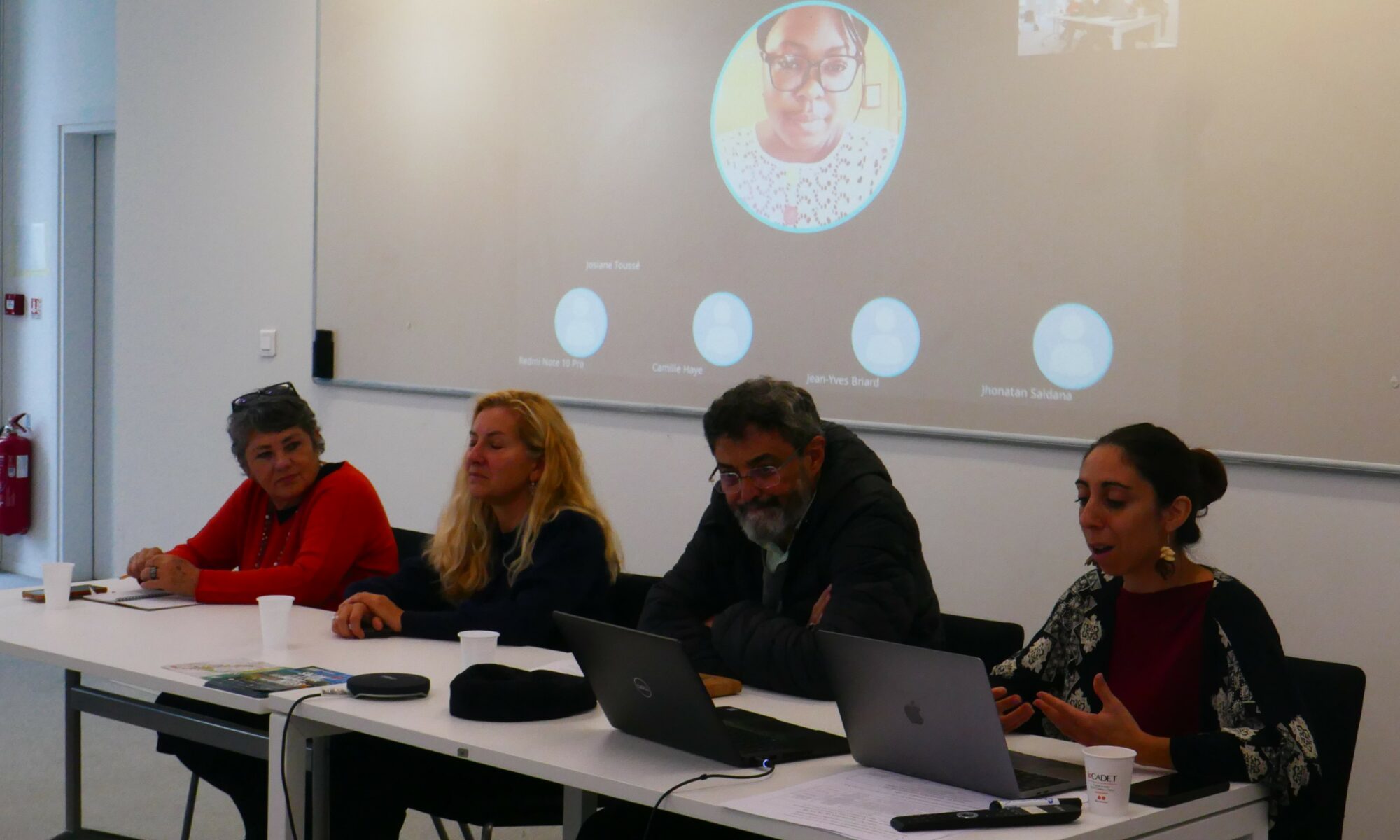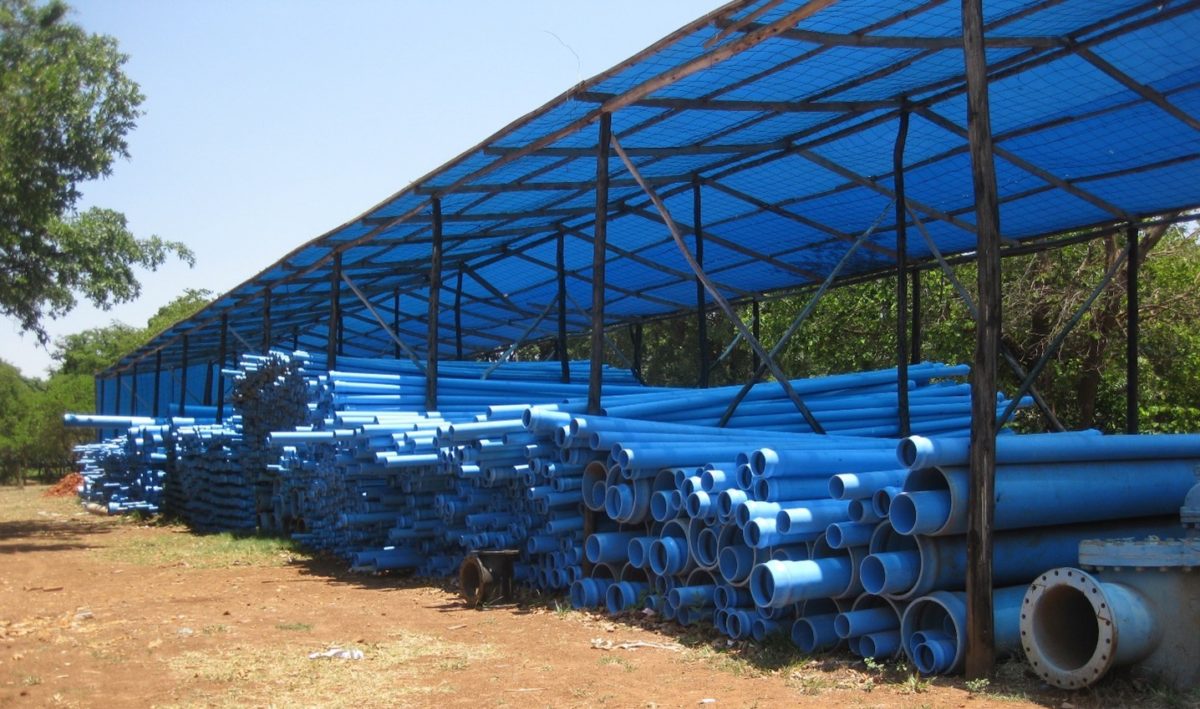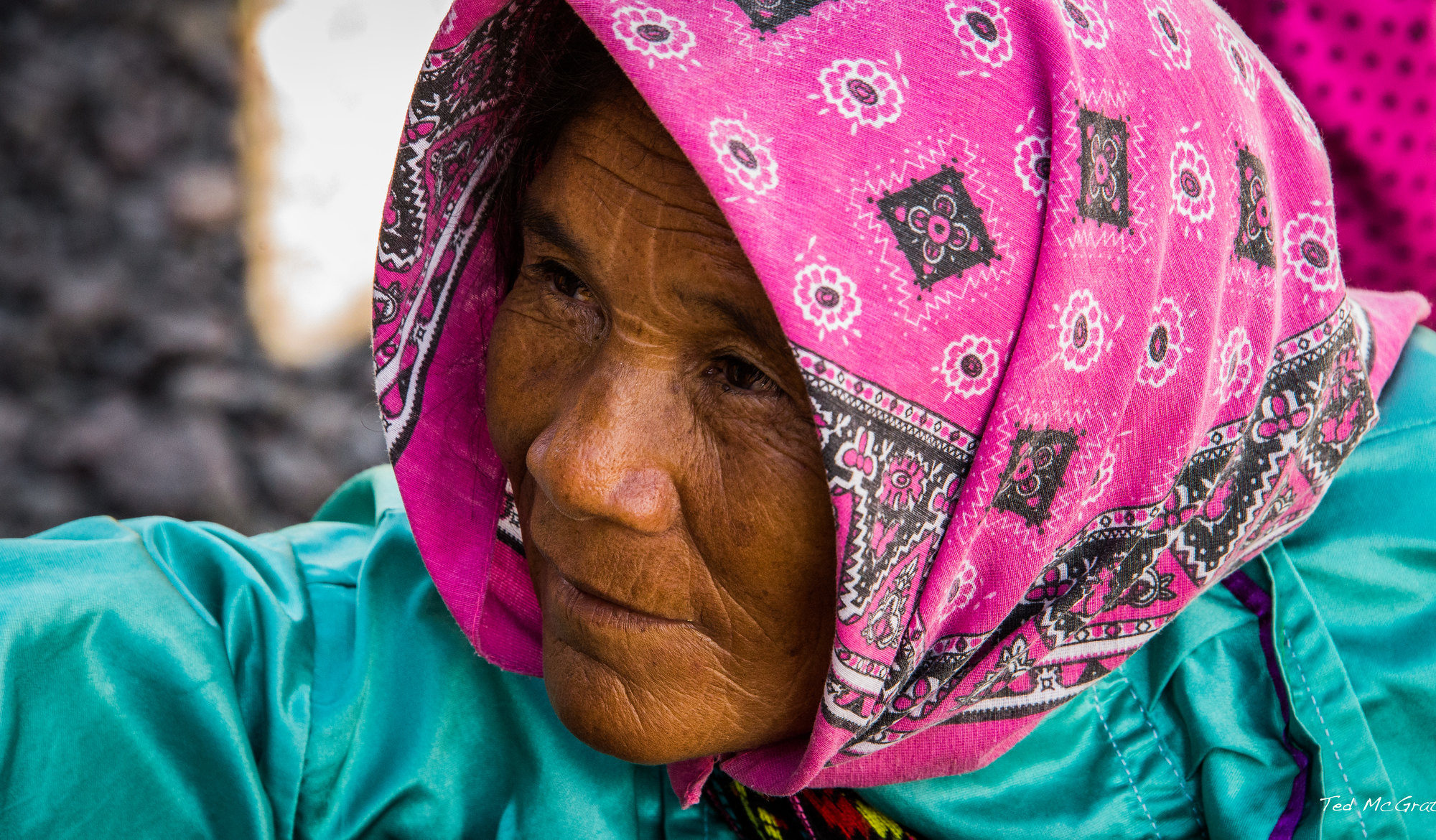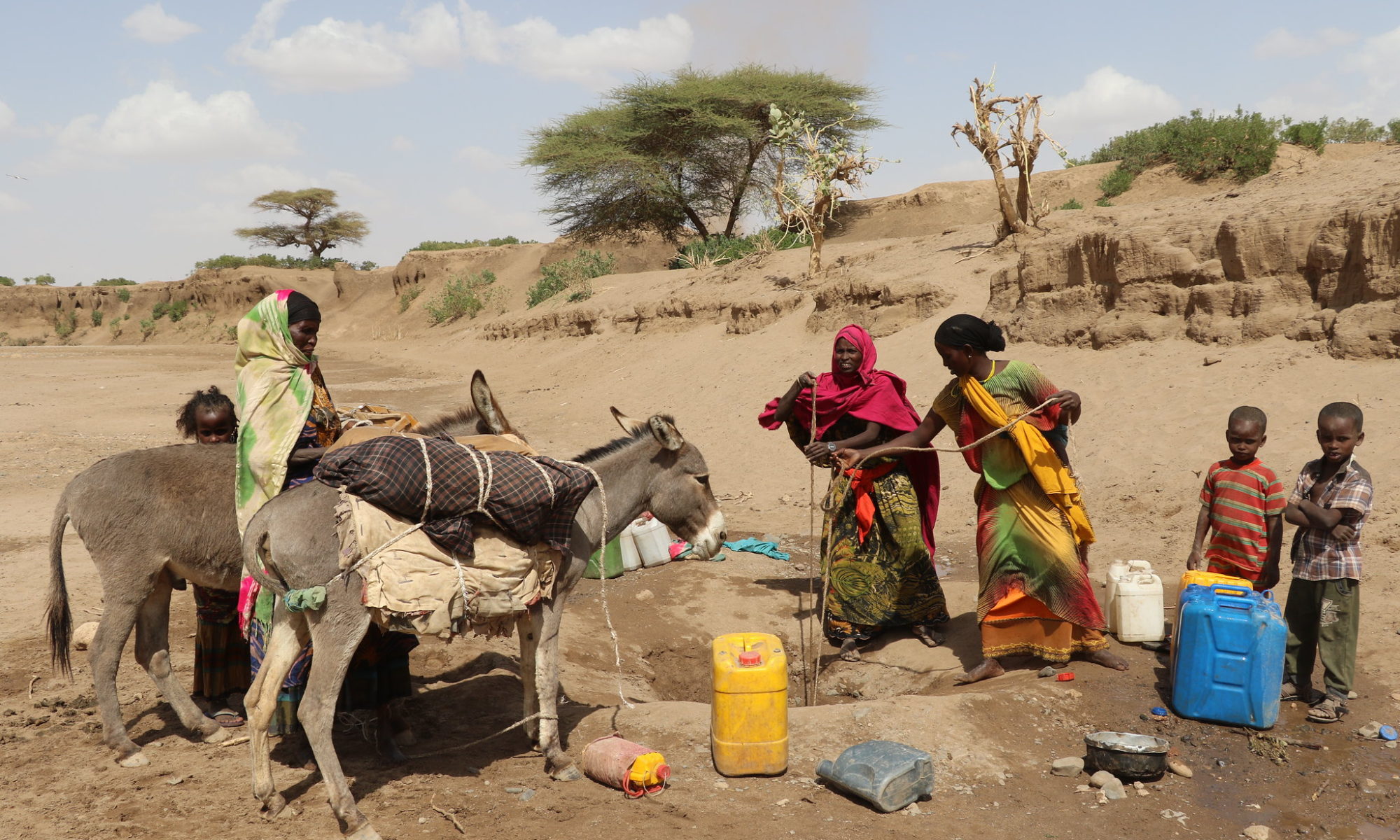By Léna Prouchet / New Rhythms of Development blog series
Entrepreneurship has become one of the main strategies used by international organisations and NGOs to promote sustainable development in the Global South. This approach has been highly criticised and deemed unfit to address structural issues underlying poverty. Such criticism has also been rooted in case studies of indigenous and local communities rejecting “development” initiatives. This blog post, based on field work in the Peruvian Amazon, reveals a nuanced perspective on the relationship between local communities and “entrepreneurship for development” projects. It shows how locals leverage projects to access new resources that fulfil basic needs and achieve aspirations for a better lifestyle, while still giving importance to some aspects of their traditional lifestyle.
Continue reading “Embrace or Reject? Decoding Indigenous Perspectives on Development Programmes”
